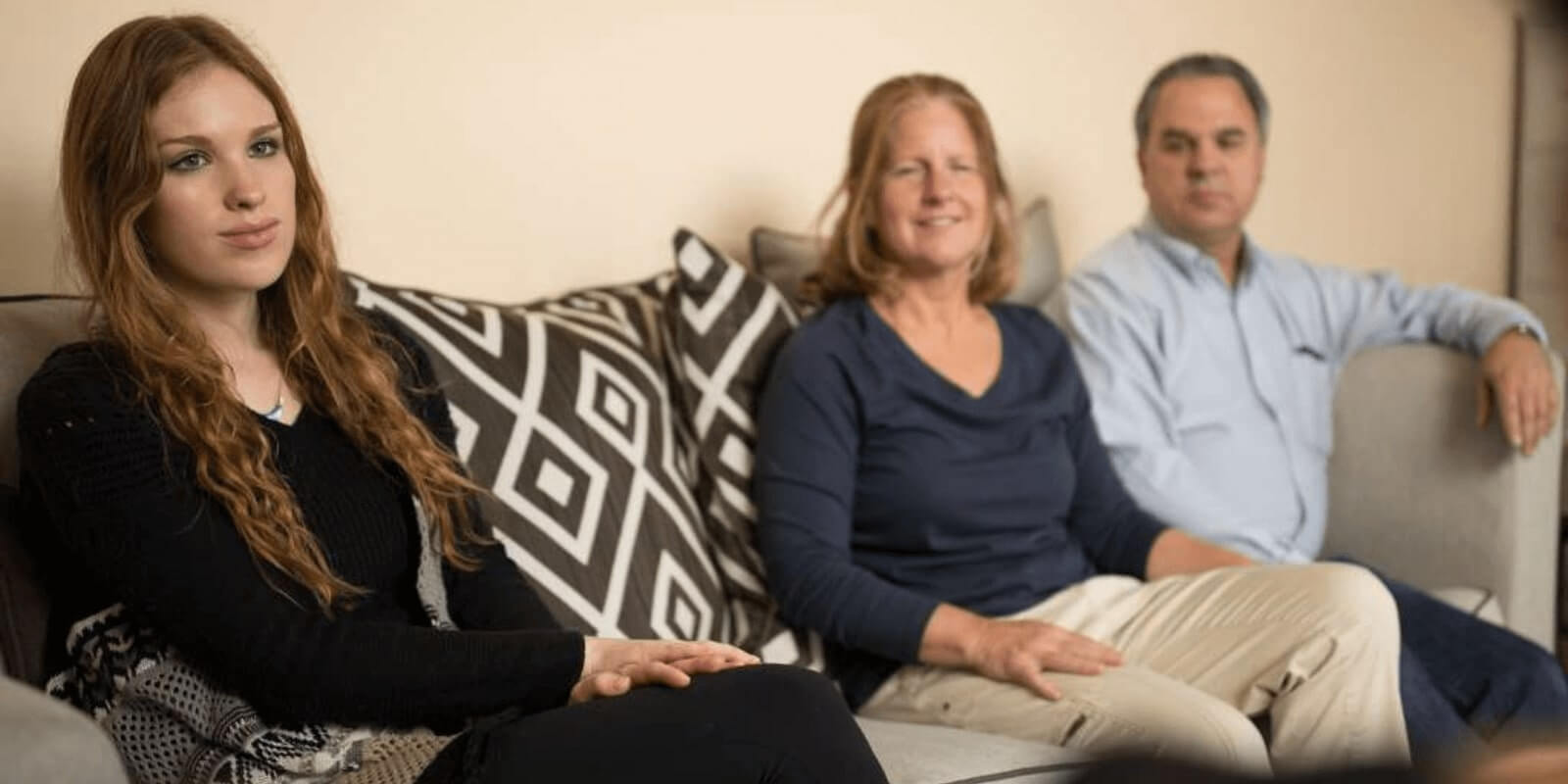Dialectical Behavior Therapy
Dialectical Behavior Therapy teaches skills for mindfulness, emotion regulation, distress tolerance, and interpersonal effectiveness.

Marijuana is the most commonly used illegal substance among American teens, with approximately 45% of high school seniors reporting having used marijuana at least once in their lifetime. There is also a growing belief among young people that marijuana use is not harmful, despite troubling studies indicating effects like a decrease in IQ.
At Sandstone Care we take seriously marijuana/cannabis abuse and addiction, and take an informed and individualized approach to treatment.
Our teen and young adult marijuana abuse and addiction programs begin with a comprehensive assessment.
Understanding a person’s unique strengths and challenges, family history, past substance use, and underlying issues such as trauma or co-occurring mental health disorders like depression and anxiety provides the foundation for creating an individualized treatment plan.
We begin with a deep respect for learning about our clients and their families. All clients also receive a comprehensive psychiatric assessment upon admission into the Day Treatment and Intensive Outpatient programs.
Teens and young adults get caught in a vicious cycle of marijuana abuse and addiction for a variety of reasons. Since there is more than one reason that teens and young adults abuse marijuana, the treatment approach cannot be one size-fits-all. We develop individualized treatment plans and then continually update them to reflect a client’s progress and challenges.

Studies have shown that 70-80% of adolescents with a substance use disorder (SUD) also have a co-occurring psychiatric disorder. Common co-occurring disorders include clinical depression, bipolar disorder, and anxiety.
Adolescents commonly use marijuana as a way of self-medicating or coping with these underlying conditions. As such, in order to achieve sustainable recovery, it is critical to address the underlying cause, rather than focus only on abstinence from marijuana.
Sandstone Care IOP and Day Treatment clients meet with the on-staff psychiatrist upon entering the program and receive ongoing medication management as needed.
The clinical and medical teams work together to create an individualized plan and approach for the client through utilizing prescription medications, as well as functional medicine alternatives such as supplements to support clients’ mental health.
Our curriculum for treating marijuana abuse and co-occurring mental health concerns draws from a number of evidence-based practices, including:
Dialectical Behavior Therapy teaches skills for mindfulness, emotion regulation, distress tolerance, and interpersonal effectiveness.
Cognitive behavioral therapy explores relationships between thoughts, feelings, and behaviors.
Acceptance and Commitment Therapy (ACT) is a type of psychotherapy that helps you accept the difficulties that come with life.
Today’s teens and young adults are incredibly sophisticated cannabis users. They have their favorite strains of marijuana (Indica, Sativa, hybrid), their favorite way to consume it (ingested, vaporized, smoked, topical), and often are near-experts in the chemical compounds that make up marijuana.
Some teens may smoke marijuana primarily in a social capacity, while others use it primarily in isolation. Some use marijuana to increase focus, while others use it in order to sleep better. Others may use marijuana in order to numb themselves or cope with difficult emotions or social anxiety.
Some teens and young adults use cannabis in order to address physical pain. At Sandstone Care, we strive to first be curious and understand our clients’ marijuana use.
With this approach and a solid understanding of how cannabis culture is evolving, we are better able to help our clients find replacement coping skills and address underlying issues.
Adolescents and young adults face unique challenges in addressing marijuana abuse and addiction.
While for adults a substance abuse problem tends to be stigmatized, adolescents experience a double bind: they generally face disapproval from parents and other adults in their life for their marijuana use, but they may get positive reinforcement from peers.
It is understandable then that they would have mixed feelings about entering treatment and abstaining from marijuana use.
Teens are More Susceptible to Negative Impacts
Adolescents also are uniquely susceptible to negative impacts from marijuana use because their brains and bodies are still developing.
The studies emerging about adolescent cannabis abuse are sobering: researchers are finding that the earlier adolescents start using cannabis and the heavier their use, the more likely they are to become dependent and to suffer long-term effects like lowered IQ, memory loss, and decreased educational attainment.
Teens Need a Specific Treatment Environment
Adolescents also need different things from a treatment environment than their adult counterparts. At Sandstone Care, we understand that creating an environment in which adolescents and young adults feel welcomed, accepted, and understood is critical to a positive treatment outcome.
We strive for a warm and welcoming physical space, and plenty of fun, movement, and experiential activities. Adolescents are heavily influenced by their peers, so we place a great emphasis on a healthy and positive peer culture.
Sandstone Care’s clinical team is made up of licensed and experienced mental health clinicians and addiction professionals. Our team also is passionate about and experienced with working with adolescents and young adults.
This combination allows us to address adolescent marijuana use from both a cutting-edge clinical perspective as well as meeting teens where they are and helping them feel understood and accepted.
Struggling with school or work can be both a result of marijuana abuse and a cause of it. Wherever the problem began, we find that by supporting adolescents and young adults in getting back on track in school and/or work, we support them in addressing their marijuana abuse or dependence.
Having a sense of self-efficacy, purpose, and success is crucial to developing an identity outside of marijuana use. When our clients are able to conceptualize themselves as successful employees, entrepreneurs, and students, it is easier to let go of their identity as a marijuana user.
We believe it is crucial for family members to be involved in treatment. We support families in understanding substance abuse and addiction, as well as recognizing how family dynamics can contribute to recovery or keep a family stuck in a negative cycle.
Our non-judgmental approach invites each family to explore their strengths and weaknesses, and offers practical advice for supporting a loved one in recovery.

To learn more about Sandstone Care’s teen marijuana addiction programs, call us today. Our friendly and non-judgmental team will be happy to answer questions, verify your insurance coverage, and help you to understand your options. Whether you need marijuana detox for you or your child, we are here to help. The first step of the journey is often the hardest, let us help you get started.


Our virtual IOP program offers the same programming that we offer in person, all online – this is ideal for those who live too far to drive to an addiction center, have transportation issues, or have health concerns that make in-person treatment challenging.
Related Posts